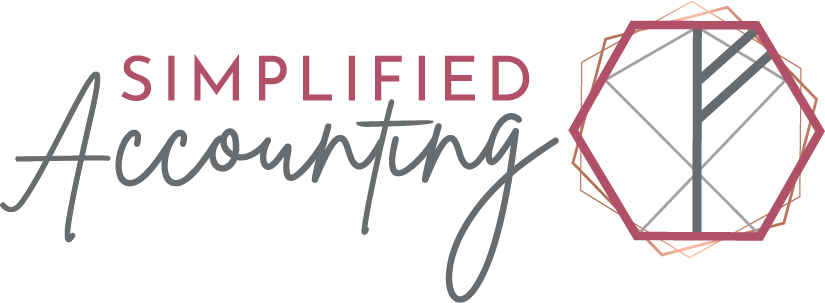Forgotten Taxes
So, what do I mean by forgotten taxes? These are the ones that catch many people out but aren’t the standard Income Tax, National Insurance or Corporation Tax payments.
High-Income Child Benefit Charge (HICBC)
This is a tax that currently applies to individuals who are in receipt of Child Benefit. If you or your partner earn over £60,000 the charge is levied to recoup the child benefit payments and once your or your partners income hits £80,000 then the child benefit is recouped in full.
For every £200 of income above the threshold 1% of your child benefit is recouped.
For those falling into this earnings bracket and needing to repay their child benefit, they need to register for self-assessment and complete a self-assessment tax return.
Many households chose to opt out of receiving child benefit rather than having to repay it, however, it should be noted that the named person receiving child benefit also has their National Insurance contributions protected and their NI “stamp” allocated which if they are not earning means that they are protecting entitlement to certain benefits.
At present, this is assessed on individual income which means that if one partner is over the threshold child benefit repayment starts whereas if both partners earn just below the threshold then no benefit repayment is due.
This inequality has been well discussed in the press and the Spring 2024 budget announced that there will be a move to a household income basis by April 2026, however, it has also been noted by analysts that this will be a complex, costly and difficult move to achieve .. plus there will be a general election before then so anything could happen.
Tax on interest
Rising interest rates means that more people are needing to pay tax on the interest that their savings earn.
There are allowances that can be utilised before paying tax on interest:
Personal allowance
Starting rate for savings
Personal savings allowance
How much of these allowances are available to be offset against interest income depends on your other income:
Personal allowance – if you do not use all of your personal allowance against salary / wages / pension or other income then you can use this to earn tax free interest.
Starting rate for savings – if you don’t have any other income you may be eligible for the starting rate for savings, this gives an additional £5,000 of interest income that would be tax free. However, if your other income is over £17,570 then you are not entitled to this allowance. If your income is between £12,670 and £17,570 then for every £1 of income your allowance for tax free interest decreases by £1.
Personal savings allowance – this is dependent on which income tax rate band you are in. If you are a basic rate tax payer then you can receive £1,000 of interest tax free, a higher rate tax payer than you can receive £500 and if you are an additional tax rate payer the allowance is £nil.
Interest received from ISA’s and some National Savings & Investments accounts do not count towards your allowance.
Interest on jointly held accounts is split equally between the account holders.
It should be noted, that if your child(ren) receive bank interest over £100 from money given to them by parents, then the parent will need to pay tax on that interest (junior ISAs and Child Trust Funds are not included in this). This is to stop parents syphoning savings into their child(ren)s name(s) to avoid paying tax on interest income.
Dividend tax
Over the last few years, the tax free dividend allowance has been reducing – from £2,000 in 22/23 to £1,000 in 23/24 to £500 in 24/25.
Dividend tax was designed to tax owner managed businesses on their income as it is often more tax effective to pay a mix of salary and dividends. However, the reduction in the tax free dividend allowance means more and more small investors are now also being pulled into paying tax on their dividend income.
The rate of dividend tax depends on your tax band and your dividend income may fall into more than one tax band, the current bands are:
Basic rate – 8.75%
Higher rate – 33.75%
Additional rate – 39.35%
For paying tax on your dividends up to £10,000 you can call HMRC and ask them to adjust your tax code although because dividends are not guaranteed income, most people prefer to report via self-assessment so that the tax is correctly calculated.
Rachael

